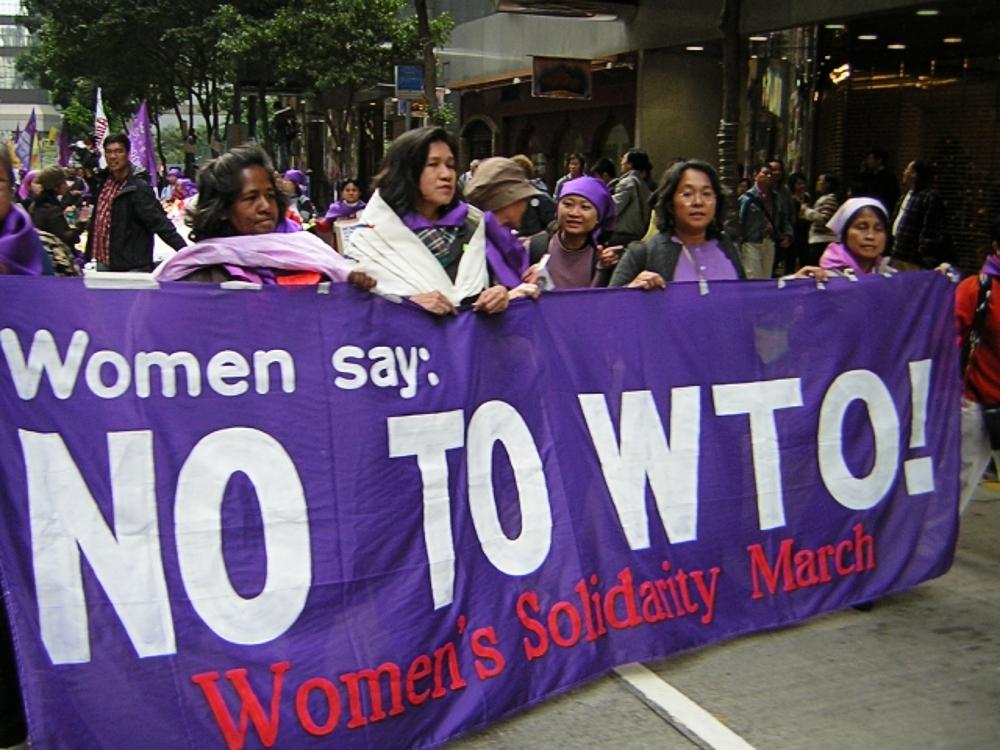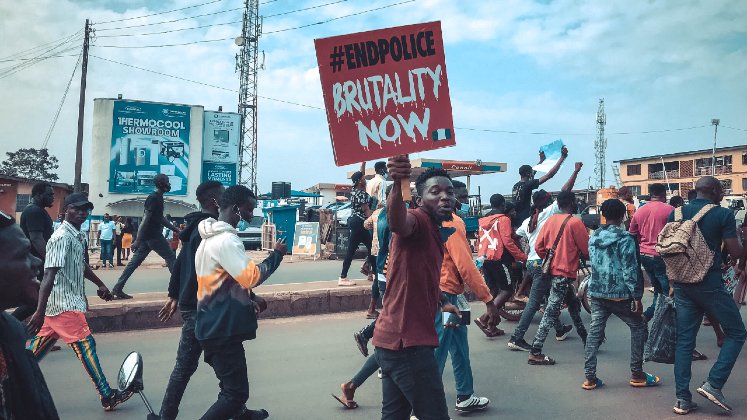Announcing a collaborative doctoral award funded by the Arts and Humanities Research Council and supervised by a team from the London School of Economics and Political Science (LSE) and Imperial War Museums (IWM), to begin in October 2020.
About the project
The successful applicant will receive four years of funding (covering tuition fees, a maintenance grant and research and travel funds) to research how material culture has been and can be used to tell narratives of sexual violence in conflict across IWM’s collections and other museum archives. As well as performing the useful task of identifying these materials, the project will examine the ways in which historical prejudices have altered how material related to sexual violence in conflict has been collected, catalogued and displayed within museum spaces.
The supervisory team will work with the doctoral student to support an original research project, with emphasis on developing two key dimensions of the topic: recognition of the diverse manifestations of sexual violence in conflict; and of the imperial character of war in the 19th and 20th centuries. We will encourage attention not just to systematic sexual violence as a strategy of war, but to the wider continuum of sexual violence and exploitation, and the diverse set of wartime experiences and perspectives.
As important, the project should recognise the importance of looking beyond a parochial frame of ‘national’ armed force to include inter-national, imperial and colonial relations. For example, the British military was for centuries an imperial military, organised in ways that both integrated and divided different ‘national’ groupings, including through gendered categories such as the “martial race”, the legacies of which resonate in the present.
The successful candidate will undertake a four-year PhD programme in the LSE Department of International Relations. The studentship will begin in October 2020 and lasts for 45 months (3 years and 9 months) full time or part-time equivalent. The studentship has the potential to be extended for a further 3 months to provide professional development opportunities. Three to six months of the funded period should be spent on professional development and not on research for the thesis.
Who can apply?
Applicants are required to possess a Master’s degree in a relevant discipline with a result of High Merit (65+ or equivalent) overall and a High Merit (65+ or equivalent) in the dissertation.
If a student does not have experience of formal postgraduate study, they may be eligible for a studentship only if they can demonstrate evidence of sustained experience beyond their undergraduate degree level that is specifically relevant to their proposed research topic, and could be considered equivalent to Master’s study. The application will have to include evidence of how the training and development the student has received is equivalent to that obtained through a Master’s course and prepares them to continue to doctoral study.
Applicants must be a resident of the UK or European Economic Area (EEA). In general, full studentships are available to students who are settled in the UK and have been ordinarily resident for a period of at least three years before the start of postgraduate studies. Fees-only awards are generally available to EU nationals resident in the EEA. International applicants are normally not eligible to apply for this studentship.
The supervisory team consists of Professor Tarak Barkawi, Dr Katharine Millar, Dr Paul Kirby (all LSE) and Vikki Hawkins (IWM).
The call for applications is now open, and the deadline is 1 May 2020.
Full details on how to apply here.








